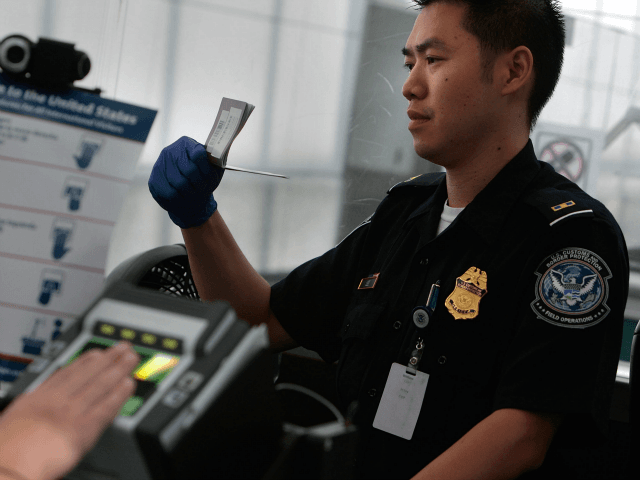WASHINGTON (Reuters) – The United States on Thursday began implementing restrictions to its Visa Waiver Program under a law passed after last year’s Paris attacks that makes it harder for citizens of some countries to visit.
Several of the Islamic State attackers who killed 130 people in France held European passports that would have allowed them to easily enter the United States under the former system.
Citizens of the 38, mainly European, countries in the U.S. Visa Waiver Program (VWP), who were previously able to travel to the United States for up to 90 days without a visa, must now obtain one if they have visited Iran, Iraq, Sudan and Syria since March 1, 2011.
They must also obtain a visa if they are dual Iranian, Iraqi, Sudanese or Syrian nationals, the U.S. State Department said.
Citizens from the 38 nations are required to obtain a travel authorization through the so-called Electronic System for Travel Authorization (ESTA) before coming to the United States.
The State Department said that as of Thursday it would revoke the ESTA travel authorisations held by citizens from the 38 Visa Waiver Program countries if they are dual Iranian, Iraqi, Sudanese or Syrian citizens.
However, it noted that under the new law the U.S. secretary of homeland security has the authority to issue waivers to the restrictions on law enforcement or national security grounds.
People who could be eligible for a waiver include those who visited Iran, Iraq, Sudan or Syria on behalf of international organizations or humanitarian groups, or journalists who carried out reporting in the four countries.
They may also include people who travelled for legitimate business reasons to Iraq or to Iran following the July 14, 2015 nuclear agreement.
The Visa Waiver Program nations are Andorra, Australia, Austria, Belgium, Brunei, Chile, Czech Republic, Denmark, Estonia, Finland, France, Germany, Greece, Hungary, Iceland, Ireland, Italy, Japan, Latvia, Liechtenstein, Lithuania, Luxembourg, Malta, Monaco, Netherlands, New Zealand, Norway, Portugal, San Marino, Singapore, Slovakia, Slovenia, South Korea, Spain, Sweden, Switzerland, Taiwan and United Kingdom.
(Reporting by Arshad Mohammed and Lesley Wroughton; Editing by Doina Chiacu and Lisa Shumaker)

COMMENTS
Please let us know if you're having issues with commenting.